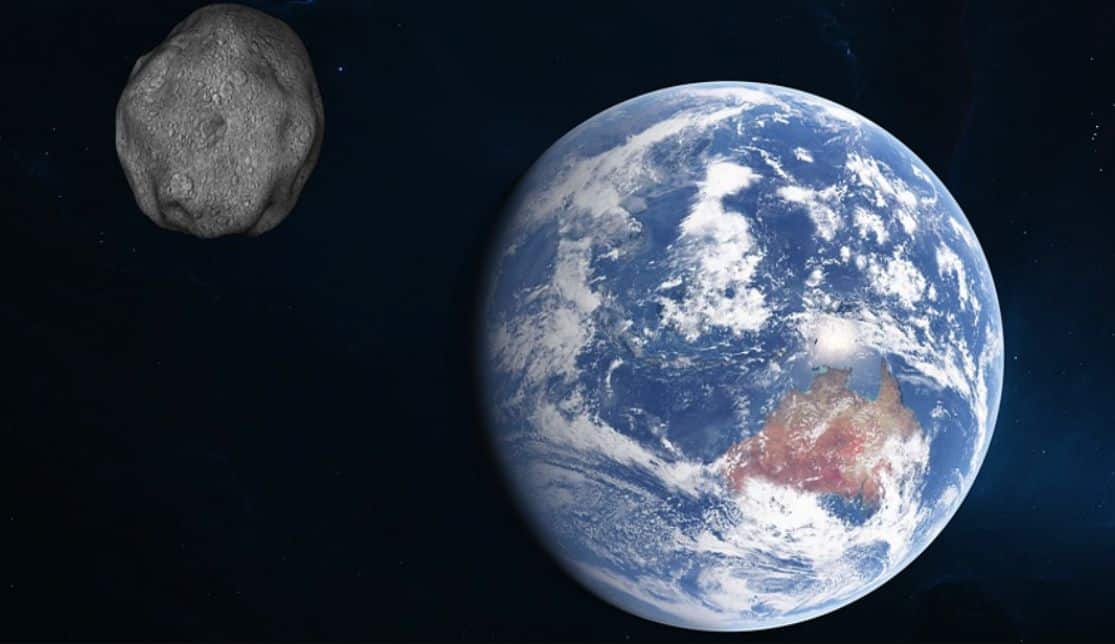At this point in the film, it has become clear that 2020 will be remembered for many years. The coronavirus pandemic and the various international crises have made the first half of the year unusual for billions of people across the globe. For this reason, any news that may be minimally “alarming” makes headlines and receives unusual media attention.
For this reason, some have put their hands to their heads when reading that NASA has warned that a “potentially dangerous” asteroid will pass close to Earth throughout the day. The space rock, named 2020ND and which according to NASA information has a diameter of between 110 and 260 meters, has been compared to the famous London Eye.
On the website of the Center for the Study of Near-Earth Objects, you can see a map where you can see the path of the asteroid, which has been classified as PHD (Potentially Hazardous Asteroids).
However, despite the scaremongering that this may generate, you have to understand what “potentially dangerous” means for the space agency. According to NASA, “Potentially dangerous asteroids are currently defined based on parameters that measure the potential of the asteroid to make threatening close approaches to Earth. Specifically, all asteroids with a minimum orbit intersection distance (MOID) of 0.05 astronomical units or less are considered potentially dangerous.”
Keep in mind that 0.034 astronomical units is equivalent to a distance of 5,086,037 kilometres. Therefore, from the space agency they call for calm and ensure that they monitor in real-time how the advance of the space rock develops.
